Giro d’Italia the hardest Grand Tour of recent years, says Rogers
"I hope they start to slow down soon"
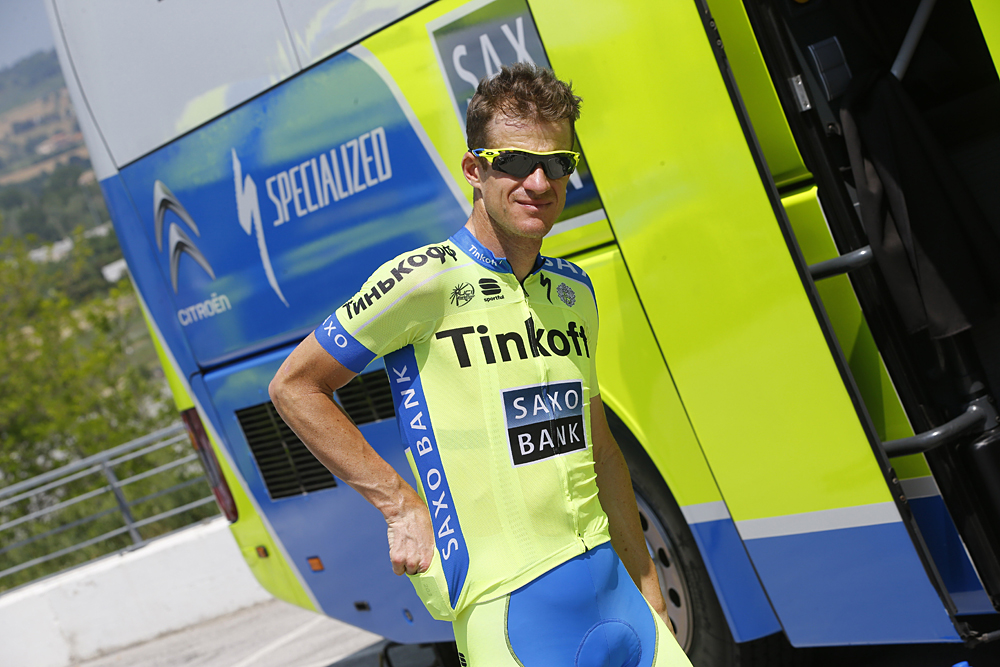
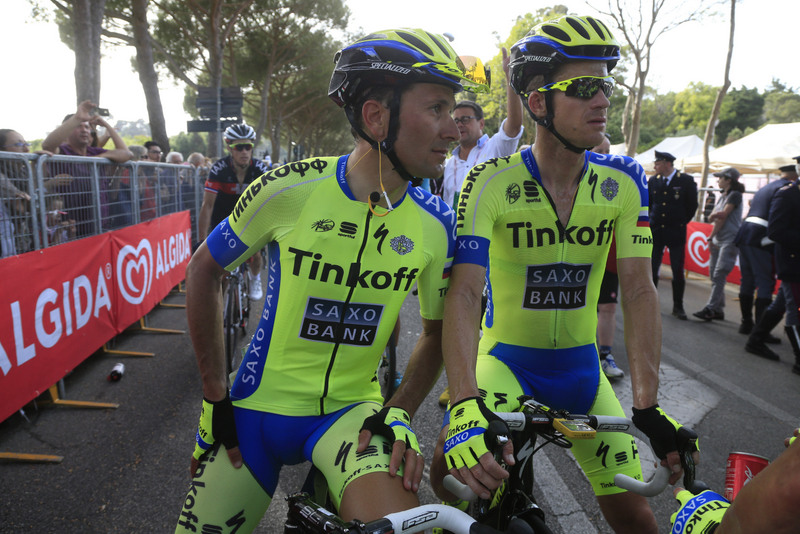
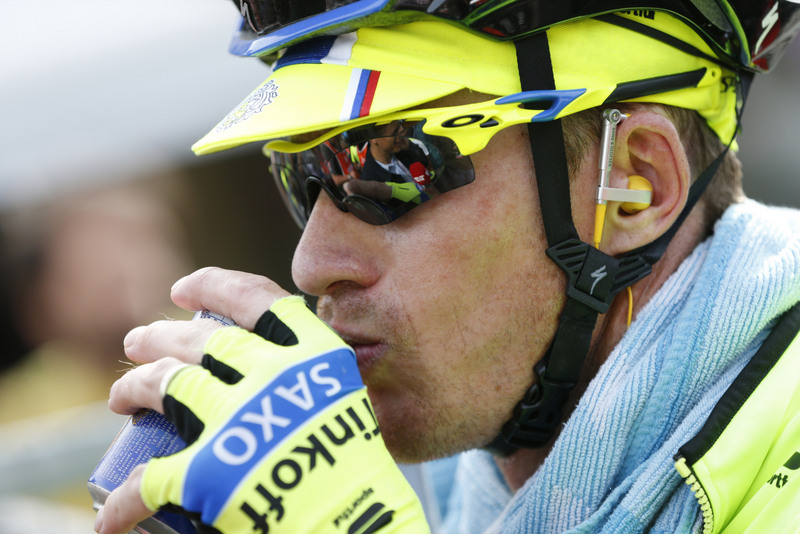
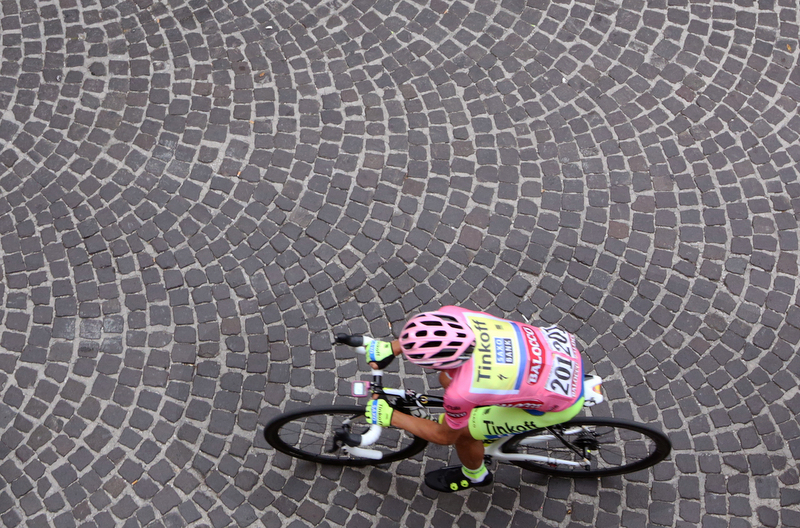
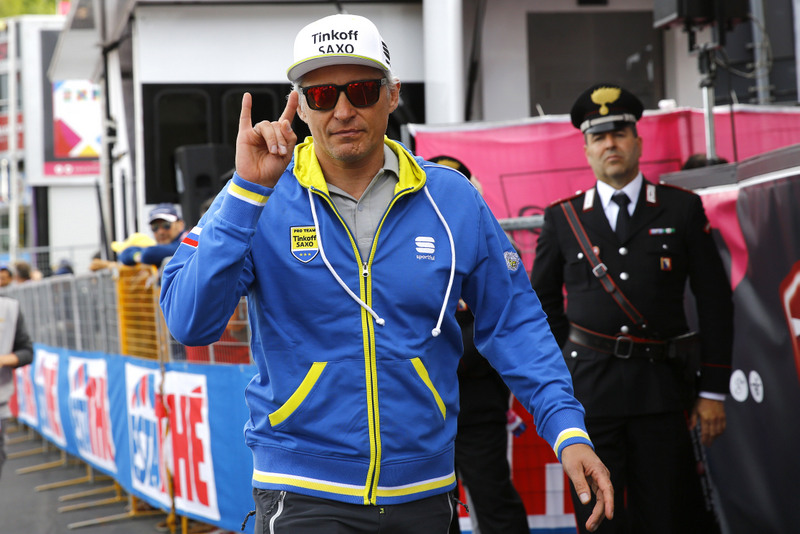
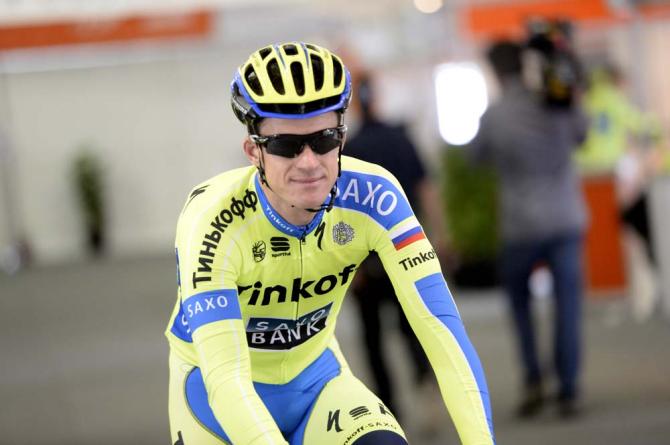
Nowadays, there are numbers to back up the feelings. As Michael Rogers (Tinkoff-Saxo) wheeled across the line at the end of stage 9 of the Giro d'Italia in San Giorgio del Sannio, a glance at his power-meter confirmed the impressions he had formed out on the road. This has, he said, been the toughest opening act to a three-week stage race in recent memory.
Since leaving San Remo last weekend, the Giro has been almost bereft of transitional stages, and scarcely a day has passed without the principal overall contenders and their teams called into duty for long spells at the front of the peloton.
With Alberto Contador in the maglia rosa since last Wednesday, Rogers and his Tinkoff-Saxo squad have been attempting to bring order to an unruly bunch over decidedly rugged terrain. Sunday’s stage, for instance, had barely a metre of flat as it wound its way over heavy roads for 224 kilometres in the southern Apennines.
"I've a lot of data from the last five Grand Tours I've done and I can tell you this has been the hardest, by the feelings and by the numbers," Rogers told Cyclingnews on crossing the line. "It's been a tough race. It's a very competitive field and also the course… Today [Sunday] had more than 4,000 metres of climbing… It's a tough race."
The aggression of the Astana team has been perhaps the defining feature of the opening nine days of racing. Fabio Aru lies just three seconds off the overall lead, but while Contador has dealt well with the Sardinian's accelerations, his teammates Mikel Landa, Paolo Tiralongo, Diego Rosa and Dario Cataldo have all been on the offensive in a bid to stretch Tinkoff-Saxo.
As a result, Contador has been left relatively isolated on the most difficult finales thus far, though Rogers said that this was simply the natural outcome of riding to defend the maglia rosa and control the peloton all day on such rolling terrain.
"We have spent a lot of energy and it's completely different when you sit in the bunch all day," Rogers said. "On these little climbs, like the final one [on Sunday], if you sit in the bunch for 200 kilometres beforehand, you have that burst of energy, whereas our team has been lining it up from kilometre zero. Does it have its costs? It sure does, but we love this race, we really respect the maglia rosa and we'll keep riding as hard as we can to keep it."
Get The Leadout Newsletter
The latest race content, interviews, features, reviews and expert buying guides, direct to your inbox!
In his rest day press conference near Civitanova Marche on Monday, Contador admitted that he and his team had considered trying to rid themselves of the pink jersey temporarily over the weekend – on stage 8, Lampre-Merida's Przemyslaw Niemiec was a possible candidate – but thus far, the composition of the early breaks has never quite been amenable.
"There were big numbers going away and we had to keep refining the break," Rogers said of the early exchanges on Sunday. "We spent a lot of energy but it goes to a worthy cause, the maglia rosa. I think this was one of the most difficult days of the race but I hope they start to slow down soon – it would make our job a lot easier."
While Astana's collective strength has raised eyebrows, the more restrained style of Richie Porte (third at 22 seconds) and his Sky team has not gone unnoticed either, and the Tasmanian will hope to remain in a position to seize the pink jersey in next Saturday’s time trial to Valdobbiadene. "They’re riding a very conservative race," Rogers said of his former team. "Everyone decides to ride their own race and use their own tactics."
Just four days ago, of course, Rogers and his Tinkoff-Saxo teammates must have feared that Contador's Giro challenge was already over when he dislocated his shoulder following his crash in the finishing straight in Castiglione della Pescaia on stage 6. Having withstood Aru's accelerations over the weekend, however, Contador will hope that he has ridden out the worst of the storm.
"I think his shoulder is obviously better and the riding position is one of the only positions that doesn't give him pain," Rogers said. "We know he's tough. He's won more Grand Tours than probably the rest of the bunch and sports directors put together, so we have a lot of faith in that, and we'll keep dedicating all our energy to keep him in the jersey."

Barry Ryan was Head of Features at Cyclingnews. He has covered professional cycling since 2010, reporting from the Tour de France, Giro d’Italia and events from Argentina to Japan. His writing has appeared in The Independent, Procycling and Cycling Plus. He is the author of The Ascent: Sean Kelly, Stephen Roche and the Rise of Irish Cycling’s Golden Generation, published by Gill Books.